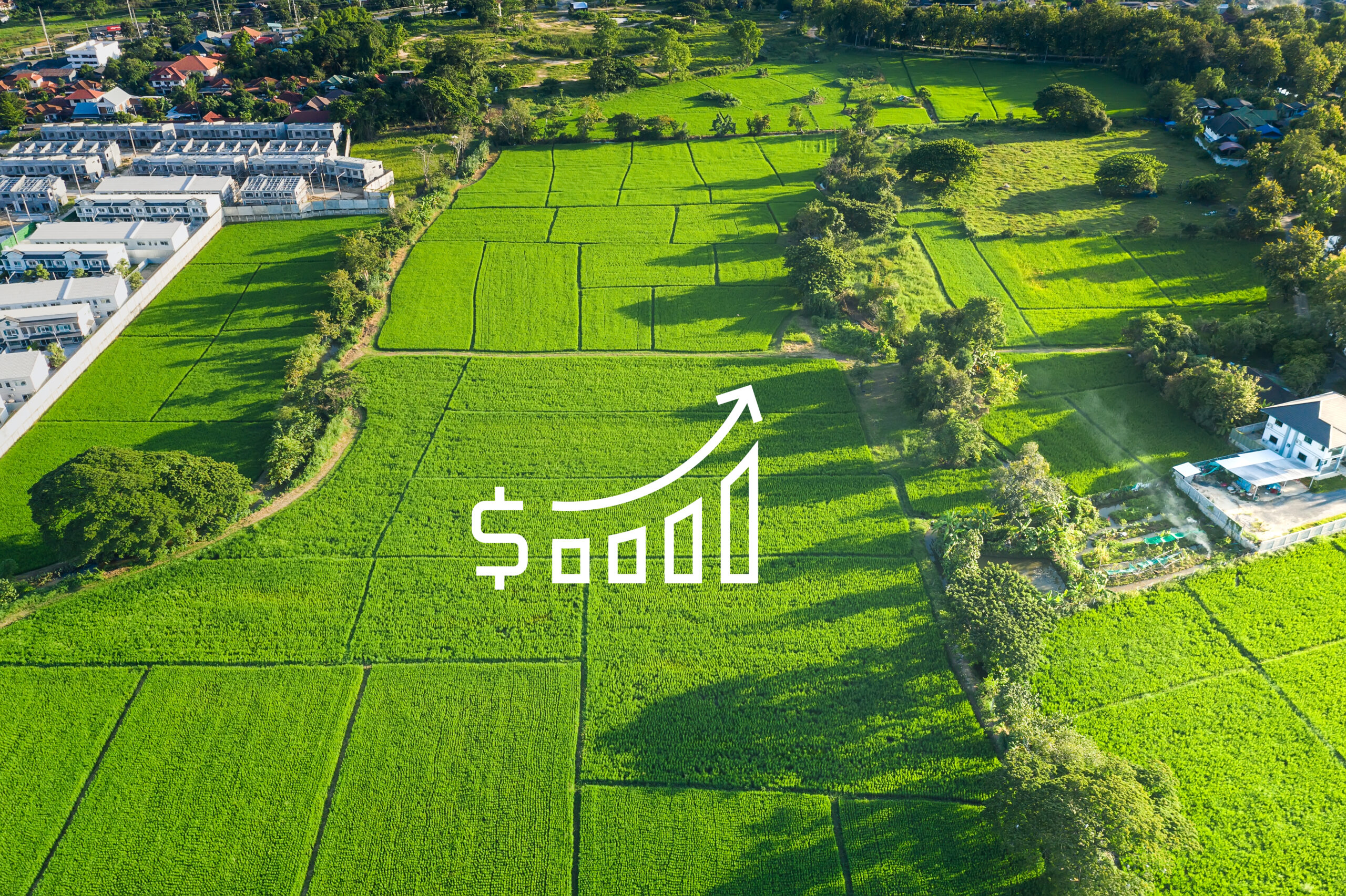Last Updated on October 24, 2023 by CREW Editorial
Canadians are among the world’s largest users of fresh water. Taking into consideration all the goods and services produced and consumed in the country, the average Canadian ‘uses’ just under 1,700 gallons of water every day. That sounds like an incredible number, but when you consider that it takes 674 gallons to produce six ounces of steak and 22 gallons to produce a pound of plastic, the breadth of our water usage becomes a little clearer.
Water is an indispensable part of our lives and, consequently, one of our most valuable resources. But how can real estate investors participate in the water market without investing in stocks or ETFs related to water processing and infrastructure development? One option is to get in on the (sub-) ground floor by investing in water rights.
Diving in
Community development requires many acres of land and hence a proportional amount of water rights per acre-foot to service the land’s eventual water requirements. These requirements will support the production and consumption of goods and services in that town.
In Alberta, for example, access to water rights must be confirmed and in hand before a community’s development and expansion plans can even be considered. In 2007, Canada’s first market-based exchange debuted in Alberta, matching sellers of water rights with those who require water access, particularly community planners hoping to further the development of their towns and farmers needing water for their agricultural enterprises. As with most projects, upfront capital was required to secure these rights, and in 2014, a price was set at $2,500 per acre-foot.
Once a project receives a green light and all the appointed intermediaries have obtained the relevant approvals, the process for securing water rights begins. Town planners and developers need access to capital to secure these rights, which is where investors come in.
At this point, an exempt market dealer gets involved to find capital from investors seeking to fund the purchase of water rights by developers. These projects are typically funded and exited in three to five years. The minimum investment amounts for investors who qualify under the exempt rules are quite modest – $5,500 in TFSA accounts and $10,000 in other registered and non-registered accounts – and returns may include annual income flow of between 8% and 10%, along with performance bonuses at the project’s completion. (Performance bonuses are determined by the eventual sale price of the unserviced land and the appreciated price of the water rights at the time the deal is confirmed.) As with many private equity deals, there may be ongoing management fees and acquisition costs, and the results are not guaranteed.
Tread (water) lightly
Like most private equities, projects like these are illiquid, with no guarantee of a secondary market to exit the deal, should you desire or require an early exit. Projects may also face delays, which may in turn delay the projected exit date. This means investors should only commit a level of capital they can afford to risk and hold until the project is complete.
Investors may receive profit participation returns of 3.5% to 16%, in addition to any interest income they receive. If the approved development plan requires less water to support the plan, it may be possible to sell those water rights without additional cost, offering greater profit to the investor syndicate. But should the land sell for prices below those projected, returns may not meet expectations, and the share of desired profits over and above the income portion of the returns may disappoint.
The purest forms of wealth come from primary sources: land, the natural resources found on that land and the water required to produce almost every product on the planet. Investing in water rights may not be sexy, and it’s not as if new towns are springing up every day, but as a diversification strategy that also helps you bring value to a development project, it’s an interesting, potentially profitable play.
But be sure to read the fine print – just because you’re investing in water rights doesn’t mean you need to take a bath.
 Bob Carter is a real estate investor with more than 35 years of sales and business ownership experience. He built a successful financial advisor practice on Bay Street and today serves as a vice president of sales for a leading Canadian life insurance carrier. To connect with him, visit catchupinvesting.ca.
Bob Carter is a real estate investor with more than 35 years of sales and business ownership experience. He built a successful financial advisor practice on Bay Street and today serves as a vice president of sales for a leading Canadian life insurance carrier. To connect with him, visit catchupinvesting.ca.







